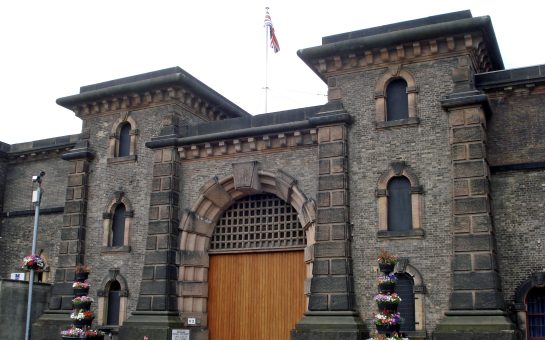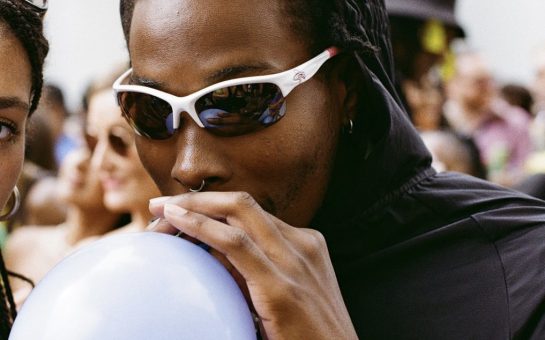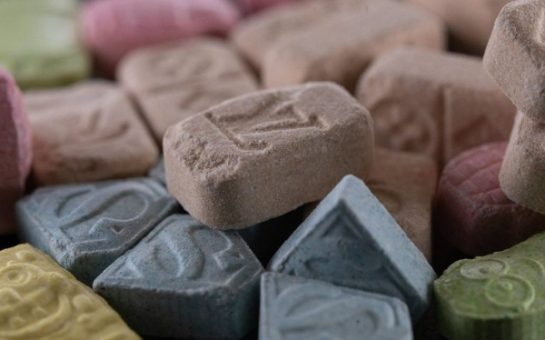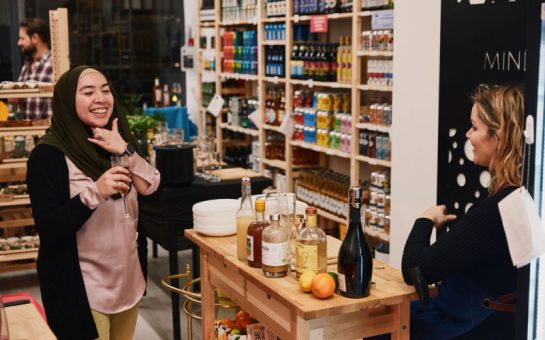Cases of drink spiking are on the increase, with an 800% rise in related searches in the past month.
Word of the epidemic is all over social media, and spiking through injection is now especially prevalent.
The drugs most commonly being used are Rohyhpnol and Gamma Hydroxybutyrate (GHB).
Dr Sameer Sanghvi is clinical technology lead at LloydsPharmacy Online Doctor.
He said: “GHB can give you a sense of euphoria, reduce your inhibitions and also cause sleepiness, whereas Rohypnol is a sedative drug that is often used to treat insomnia and anxiety.
“Rohyphnol works by increasing the effect of gamma amino butyric acid (GABA) in the brain which can strongly affect a person’s rational thought process and short-term memory.”
Recreational drugs like Ecstasy, LSD and Ketamine are also used in spiking.
A massive 2,600 students say they have fallen victim to spiking since the start of the academic year.
Lloyds have released some information to help people who might be concerned for themselves or others.
Symptoms to look out for are feeling drunker, a loss of balance, visual problems, lowered inhibitions, confusion, nausea, vomiting and unconsciousness.
Recognising that someone has been spiked can be tricky because they may just appear to have had one too many drinks.
If you think you or a friend has been spiked, there is some general advice you can follow:
- Alert a bar worker or member of door staff right away.
- Stay with the victim and talk to them. Do not allow them to leave with a stranger or someone you don’t trust.
- Drinking more alcohol is a no no as it can be dangerous when mixed with a drug.
- If their condition worsens, call an ambulance and tell them that you suspect drink spiking.
- They can take it from there, by running tests to discover exactly what is in the patients system.
Recently cases of people being injected on nights out have risen.
Major cities like Edinburgh and London have received more reports of the crime.
As well as causing intoxication, needles can spread dangerous viruses such as HIV.
Lloyds have said: “If you suspect that you have been assaulted, you can go to the police, a local GP or hospital. If you don’t feel ready to do that, you can also call the Rape and Sexual Abuse Support Centre on 0808 802 9999.”
To read more about the recent night club boycotts in South West London, click here.
Image source: Pixabay




